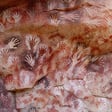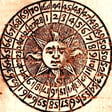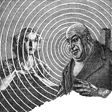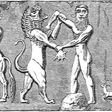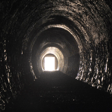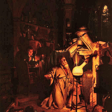
Ghosts and Hauntings
In this episode, Megan and Frank investigate ghosts and hauntings. Are ghosts some kind of spirit, physical beings, or something in between? Is there a natural explanation for ghostly encounters? And what can ghosts teach us about the depths of human experience? Thinkers discussed include: Descartes, Philip Goff, and Beverley Clack.
-----------------------
Hosts' Websites:
Email: philosophyonthefringes@gmail.com
-----------------------
Bibliography:
Ghosts of Philosophy LaBossiere | A Philosopher's Blog
Victorian ectoplasm-producing mediums: freaks or fakes? | Children's books | The Guardian
Philip Goff, Ghosts and Sparse Properties
The wisdom of ghosts - Clack | Religious Studies | Cambridge Core
Braude, Immortal Remains: The Evidence for Life After Death
Podemore, et al. - Phantasms of the Living
The Best Ghost Story - by Alexander J. Zawacki
LEGION OF THE DAMNED - ghostwalkbrighton.co.uk
Time | Internet Encyclopedia of Philosophy
Megan Fritts, Arresting Time's Arrow: Death, Loss, and the Preservation of Real Union
-----------------------
Cover Artwork by Logan Fritts
-------------------------
Music from #Uppbeat (free for Creators!):
https://uppbeat.io/t/simon-folwar/neon-signs
License code: KKPO6KMRESVX1ZQD








